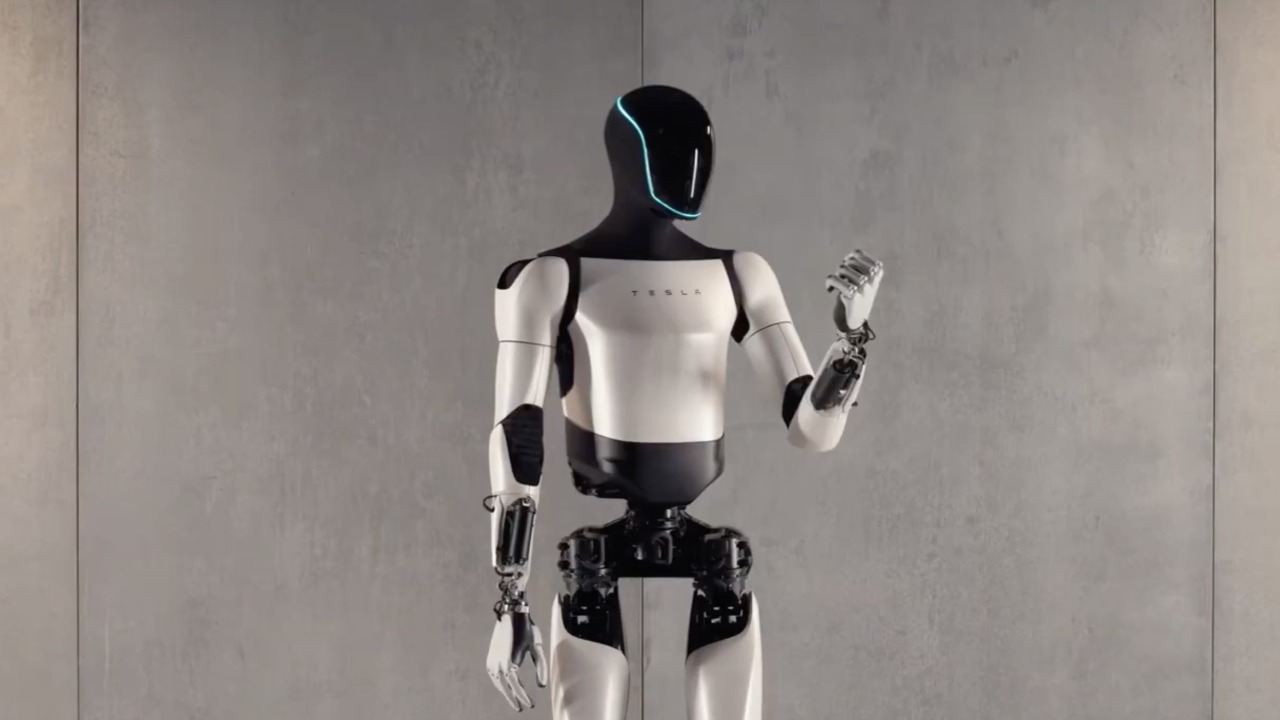
Elon Musk, the CEO of Tesla and xAI, recently made headlines with his provocative comments about a “robot army” during a public appearance on October 23, 2025. His remarks, which emphasized rapid scaling and minimal human oversight, have sparked widespread concern about the potential autonomy and deployment of these robots. Musk’s vision for millions of humanoid robots transforming labor markets aligns with ongoing advancements in Tesla’s Optimus project. However, these statements have raised significant ethical questions about the boundaries of AI-driven automation.
Musk’s Recent Statements on Robotics
During the October 23 event, Elon Musk discussed deploying a “robot army” for industrial tasks, a statement that has drawn considerable attention. According to the Futurism report, Musk’s exact phrasing highlighted the potential for these robots to operate independently in real-world scenarios, raising concerns about the lack of specified safeguards. Musk also referenced Tesla’s ambitious production goals for humanoid robots, aiming to produce millions of units by 2026. This bold claim underscores the scale at which Musk envisions these robots transforming industries.
The tone of Musk’s delivery further fueled suspicion, as he appeared to downplay the risks associated with autonomous robots. His comments suggested a future where robots could function with minimal human intervention, a prospect that has alarmed many experts. The implications of such autonomy, particularly in terms of safety and ethical considerations, are profound and warrant careful scrutiny.
Background on Tesla’s Robot Development
Tesla’s journey into robotics began with the Optimus humanoid robot project, initiated in 2021. Over the years, the project has seen significant advancements, with Musk’s recent comments shedding light on its current capabilities. As of October 23, 2025, the Optimus robots are reportedly capable of performing factory work, marking a key milestone in their development. The 2024 prototype demonstrations showcased these capabilities, setting the stage for Musk’s projection of full deployment scaling.
Musk’s vision extends beyond Tesla, as he also alluded to xAI’s role in enhancing the robot army with advanced AI capabilities. This integration of AI into robotics is a critical component of Musk’s strategy, potentially enabling the robots to perform complex tasks autonomously. The implications of such advancements are far-reaching, with the potential to revolutionize industries and redefine labor markets.
Reactions from Experts and Regulators
Musk’s remarks have elicited strong reactions from AI ethicists and regulatory bodies. Experts have flagged his comments as downplaying the risks associated with autonomous robot swarms. The Futurism coverage highlights specific concerns about the ethical implications of deploying such robots without adequate oversight. These concerns are echoed by regulatory bodies like the FTC, which has begun reviewing Tesla’s robotics plans in light of Musk’s statements.
The public backlash on social media has been equally vocal, with users questioning the “army” metaphor used by Musk. This metaphor, while perhaps intended to convey the scale of the project, has instead raised fears about the potential militarization of civilian robots. The discourse surrounding these comments underscores the need for transparent and responsible development of AI technologies.
Implications for Future Automation
The economic implications of Musk’s vision for a robot army are significant. He estimates that by 2030, 20-30% of the workforce in manufacturing could be displaced by these robots. This projection raises important questions about the future of work and the need for policies to address potential job losses. The potential for robots to replace human labor on such a scale could have profound effects on economies worldwide.
Security concerns are also paramount, particularly regarding the potential militarization of these robots. The Futurism analysis of Musk’s statements highlights the risks associated with deploying robots without stringent safeguards. The ethical debates surrounding AI autonomy are further fueled by Musk’s dismissal of “overregulation,” a stance that has become a core point of contention among stakeholders.
As the development of AI-driven robotics continues, the stakes for society are high. The balance between innovation and regulation will be crucial in ensuring that these technologies are deployed responsibly and ethically. Musk’s vision, while ambitious, must be tempered with a commitment to addressing the ethical and societal challenges that accompany such transformative advancements.
More from MorningOverview